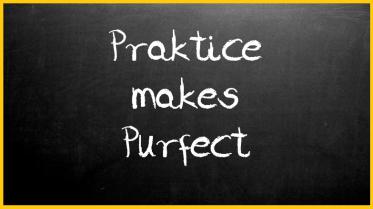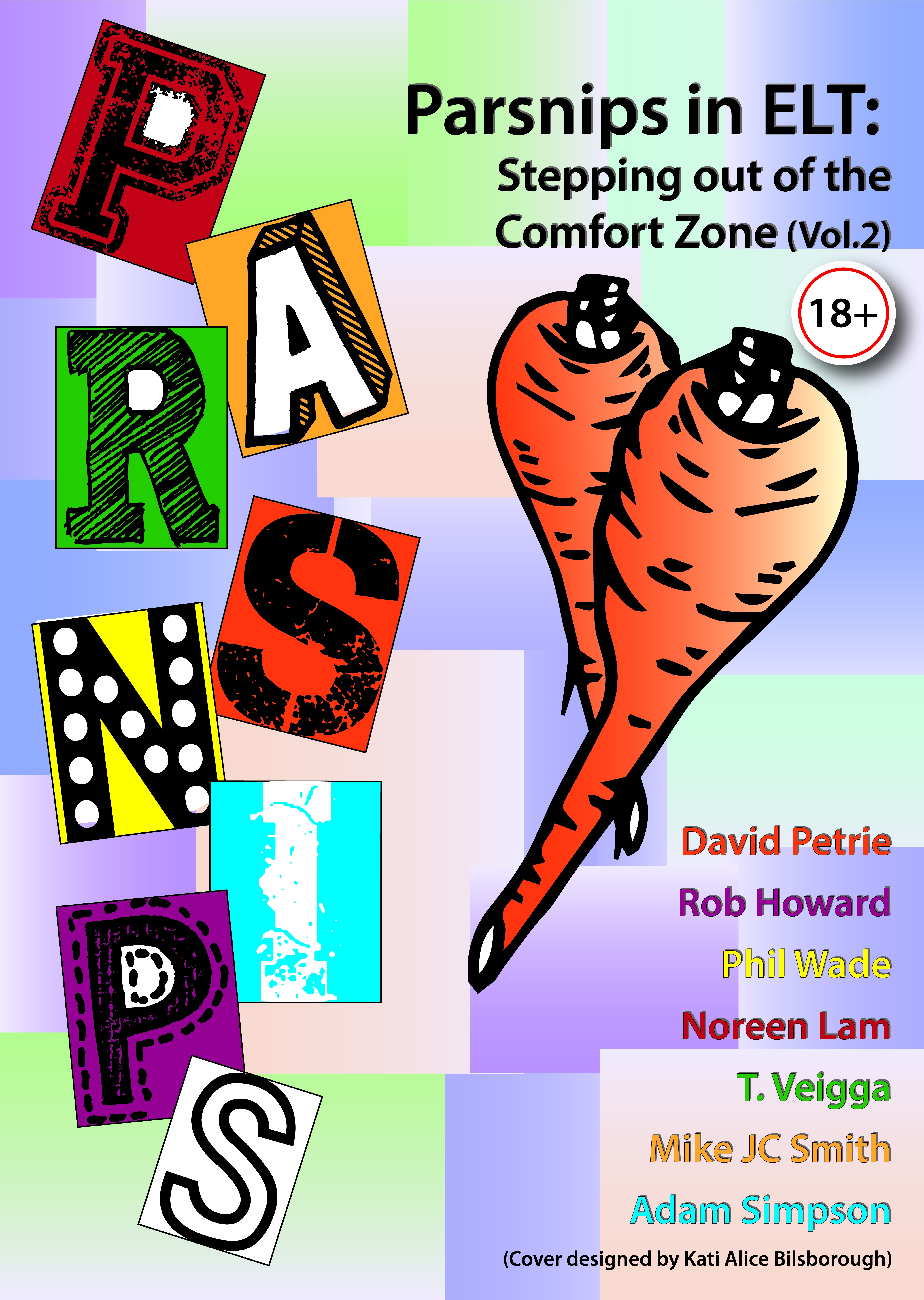I have written in the past that we should avoid the words grammar and rules. Here is another one that perhaps we should avoid. Practice. With the exception of some students out there (you know who I mean – the ones who say “Teacher, you forgot to assign homework”), most cringe at this word. What person, let alone student, is motivated by hearing that they need to practice more?
grammar and rules. Here is another one that perhaps we should avoid. Practice. With the exception of some students out there (you know who I mean – the ones who say “Teacher, you forgot to assign homework”), most cringe at this word. What person, let alone student, is motivated by hearing that they need to practice more?
Now don’t get me wrong. Students need practice in order to improve and much more than they are doing and we in the classroom can provide. There is a lot being said right now about “10,000 hours.” 10,000 hours to succeed in business, to be good at a skill and to be fluent in a language. Remember, a standard private course only meets about 100 hours per year. Hmmm. Where can learners gain those extra hours they need of practice? Will students do those extra hours of practice?
Instead of the word practice, we should be saying use.
I remember as a kid, my sisters and I each took up an instrument. Sister A tried the flute. She got one, took lessons and after a month of 10-minute practice sessions, gave up. Sister B got a piano; she lasted six months as she spent 30 minutes each day butchering the scales. I took up the trumpet at age 5. I spent two hours per day on scales and then another couple of hours trying to play along with my father’s big band and Herb Alpert records. I figured if I worked at it, I could sound just like the guys on the album. I could still barely read music let alone write it, but I figured out a way to transcribe the notes by drawing the valve positions with up and down arrows, and every day, rushed home to finish work on the next song. As the years went by, I learned how to transcribe notes and my abilities improved. I was practicing more and more each day and starting to write my own music. I taught myself piano and played it with my left hand as I accompanied myself with the right on trumpet. At 13, I started my first “professional” band as we got paid to play at the Junior High School dance.
What was the difference between my sisters and myself? Why did their experience end differently than mine? I attribute it to the addition of diversity in the type of exercise that took place during my practice time. My sisters found no other method to use what they were learning. I did. By mixing the method of usage, I achieved the habit of practicing without the stigma of practice. With a specific goal in mind, to play along, practice became fun and I became self-motivated to improve. I developed intrinsic motivation where my sisters didn’t.
Now, back to English.
I was blessed early on in my teaching career to get assigned upper-level teenagers in my schedule at the course I taught. At the same time, all the teachers were challenged to find ways of mixing learning with technology. This was back when only 1 out of 5 students had a cellphone that could shoot video. I pondered, and then came up with the idea of simple short films done with their friends, outside of the classroom, to represent something we were discussing in class. It was a hit. After showing the films to the class as a group, discussing the good points, critiquing etc., they came up with the next assignment. This became a habit for all my later classes and we did 4 or more projects per year, each year more intricate. After a time, the focus of the classes turned more towards working on the outside production of materials to showcase a specific point or topic and became less about English in their minds.
What was achieved? Pair work and group work had a specific and relevant purpose. Students were focused on the project, not the practice.
This work continued outside of the classroom. Students were practicing without the need for me to say the word practice or even homework. We set up Facebook and WhatsApp groups to make designing and strategizing easier. By checking on their notes and drafts and group communications, I noticed that everything was in English.
The projects became more complex. We did a joint project with another class at our branch, then with another branch, then another school across the country. The following year, we added a school from Germany. Next, we came up with a country-wide project, “Love4Brazil” and then a worldwide project, “Shelfies” using English through social networking.
These were not difficult and time consuming projects. They were fun and actually derived from the students’ ideas. They drove the project, they set the criteria, they did the extra hours of practice. Intrinsic?
For years, I have been promoting this at course and national conferences. Some have taken up the challenge. Sadly, most have not. The teachers that have, have raved at the results and continue doing it. Even though we have been promoting Project-based Learning, Task-based Learning, Producing authentic materials and on and on, for years, it seems most teachers still don’t employ them. In fact, they resist them for fear of too much work and student lack of interest. They stick to the same old methods that are easy and have prepared materials. This is not going to produce intrinsic learners. This won’t foster an atmosphere of self-practice outside of the classroom. It is practicing scales all over again.
I want to coin a new acronym, in the traditional sense. PBU or Project-based Usage. You read it here first (I hope). Stop saying the word practice. Stop saying homework. Stop telling them they have to speak inside and outside of the classroom and start giving them something to do. Have the class come up with their own ideas for projects and embellish on them to fit your needs and learning objectives. If you should be teaching present perfect, how about a producing a short film or presentation on their hobbies. The grammar should come out naturally.
By changing to PBU (see, it is catching on), the stigma of practice goes away and doing something real that they can see as tangible in their future forces the additional hours needed which in turn motivates learners to become users. Lifelong users.
Reevaluating what we say and how we say it, may just affect what they use and how they use it.
Rob Howard is the owner of Online Language Center. He is a teacher, tutor, trainer, material designer and author for English as a foreign language. He is also a consultant and has been a frequent speaker internationally regarding online retention as well as using technology in and out of the classroom. Originally from Boston, Massachusetts in the U.S., he is currently residing in Rio de Janeiro, Brazil.
You may e-mail him at rob@onlinelanguagecenter.com.











Very interesting! I wonder of what your are calling PBU is really PBL and TBL combined. But, your suggestion to stop saying *practice* to L2 learners is not only good advice, after eading this – I will stop saying it immediately! This was great food for thought, thank you Rob.
LikeLiked by 1 person
Exactly Ron. PBU is both! Please let me know how it works for you. Feedback is always welcome!
LikeLike
Very interesting for those learners coming from a Multilingual community. Usage is better! Thanks for the insights. I’ll definitely change the way I convince my students. USE the language often! THANKS!
LikeLike
Thanks. Let us know how it goes.
LikeLike